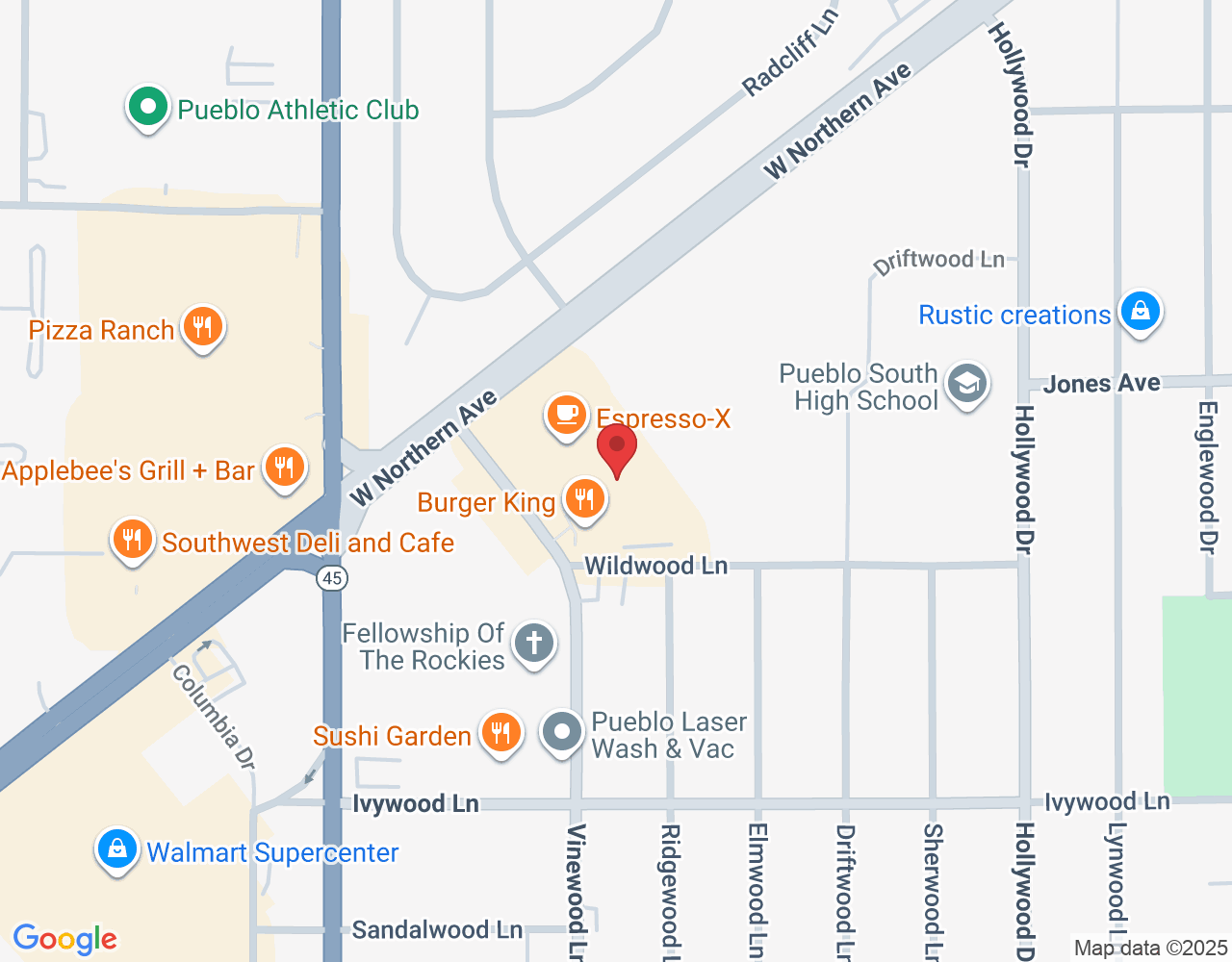
Is TRT Legal? Here’s What Every Man Needs to Know
Imagine this: You’re sitting at the dinner table, scrolling through your phone, and come across a post about testosterone replacement therapy (TRT). Intrigued, you wonder if this could be the answer to the fatigue, muscle loss, or mood swings you’ve been battling. But then the doubts creep in. “Is TRT even legal? What if I get into trouble?” Let’s clear the air. TRT is not only legal but can also be a safe, life-changing treatment when done the right way.
Here’s everything you need to know about the legality of TRT, why it’s a legitimate medical solution, and how to get started safely.
What Is Testosterone Replacement Therapy (TRT)?
TRT is a medically supervised treatment designed to address low testosterone levels in men. Testosterone, often referred to as the “male hormone,” plays a crucial role in your energy levels, mood, muscle mass, and even cognitive function.
Understanding Low Testosterone (Low T)
For many men, testosterone levels begin to decline naturally after age 30. This drop can lead to symptoms like:
Fatigue that coffee just can’t fix.
Loss of muscle despite working out.
Brain fog and forgetfulness.
Decreased libido.
Sound familiar? If so, you’re not alone. Millions of men experience these symptoms, but most suffer in silence because they think there’s no solution—or they’re afraid of the stigma.
Is TRT Legal? Absolutely.
The Legal Framework for TRT in the U.S.
Here’s the good news: Testosterone replacement therapy is perfectly legal in the U.S. when prescribed by a licensed healthcare provider. The FDA has approved multiple forms of testosterone for therapeutic use, including gels, injections, patches, and pellets.
This means that as long as you’re working with a legitimate local TRT clinic or healthcare provider, you’re entirely within the bounds of the law.
Why the Confusion About Legality?
Some of the confusion stems from the misuse of anabolic steroids in sports or bodybuilding. TRT is not the same thing. TRT is therapeutic, targeting low testosterone levels to restore balance. Anabolic steroid abuse, on the other hand, involves high doses of synthetic testosterone for performance enhancement, often leading to serious health and legal consequences.
The Importance of Medical Oversight
If you’re considering TRT, it’s essential to go through a legitimate local hormone clinic. Here’s why:
Proper Diagnosis: A qualified provider will confirm your testosterone levels through blood tests and assess your symptoms.
Personalized Treatment: TRT isn’t one-size-fits-all. Your dosage and method of administration should be tailored to your unique needs.
Safety First: Regular monitoring ensures your therapy is effective and safe, reducing the risk of side effects.
I remember one of my patients, Mike, who came to my clinic after buying testosterone online. Not only did he feel worse, but the unregulated product caused alarming side effects. After starting supervised TRT, he saw improvements within weeks—and more importantly, peace of mind knowing he was in good hands.
Common Myths About TRT Legality
“Is TRT Just Legal Steroids?”
This is a question I hear often. Let’s set the record straight: TRT and anabolic steroids are not the same. While both involve testosterone, TRT is prescribed in controlled doses to address a medical condition, whereas steroids are often used recreationally in much higher doses.
“Will I Get in Trouble for Using TRT?”
As long as your treatment is prescribed and supervised by a healthcare provider, there’s no legal risk. The key is avoiding unregulated sources, such as online vendors or overseas suppliers, which can land you in hot water—and put your health at risk.
Why Choose Legal TRT?
Safety and Effectiveness
When you choose legal TRT through a local TRT clinic, you’re ensuring that your treatment is both safe and effective. You’re getting:
High-quality, FDA-approved medications.
Proper dosing to minimize side effects.
Peace of mind knowing your health is in good hands.
A Path to Better Health
The benefits of legal TRT go beyond boosting testosterone. Many men report:
Increased energy and stamina.
Sharper focus and mental clarity.
Improved mood and reduced irritability.
How to Start TRT Safely
Step 1: Get Tested for Low T
The first step is simple: schedule an appointment with a trusted provider to check your testosterone levels. Blood tests and a discussion of your symptoms will determine if TRT is right for you.
Step 2: Choose a Reputable Clinic
Look for a clinic with experienced providers, positive reviews, and transparent pricing. A local TRT clinic is often the best choice for personalized care.
Frequently Asked Questions About TRT
Is TRT legal in all states?
Yes, TRT is legal nationwide as long as it’s prescribed by a licensed healthcare provider.
What if I travel while on TRT?
You can travel with your medication as long as it’s prescribed and properly labeled. Talk to your provider for specific guidance.
Can I buy testosterone online?
Buying testosterone online without a prescription is illegal and risky. Stick to FDA-approved products from a licensed provider.
Conclusion: Take the Legal and Safe Route to Better Health
TRT is a legal, safe, and effective way to reclaim your energy, mood, and confidence. Don’t let misconceptions or misinformation hold you back from exploring this life-changing therapy.
If you’re struggling with symptoms of low testosterone, the first step is reaching out to a local TRT clinic for testing and guidance. With the right support, you can take control of your health and feel like yourself again—legally and safely.
Take that first step today. Your future self will thank you!
Steel City HRT and Weight Loss is a clinic that provides safe and affordable hormone replacement therapy (HRT) and weight loss to men and women in Pueblo, Colorado. If you have any questions or would like to schedule an appointment to discuss treatment don't hesitate to call, text, or email at [email protected] or (719) 669-4223.




Facebook
Instagram
LinkedIn
Youtube
TikTok
Pinterest